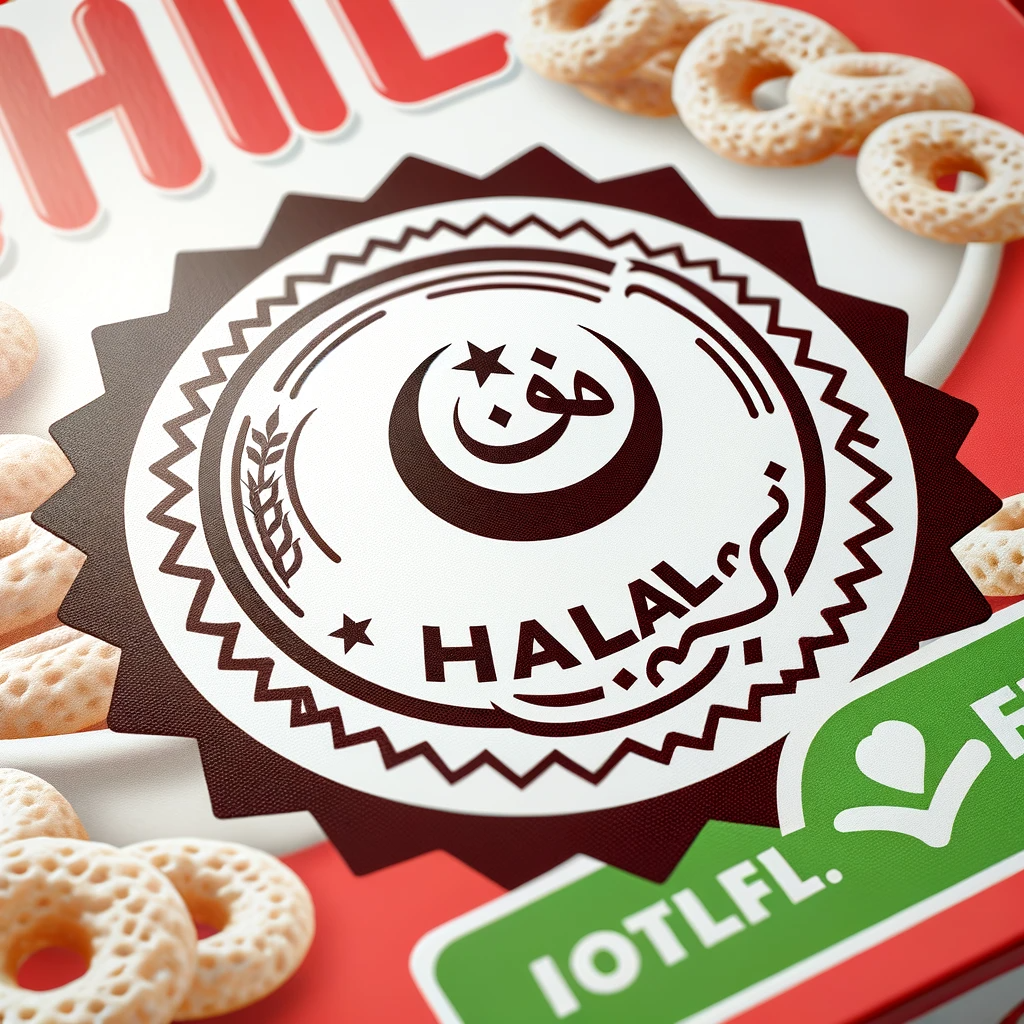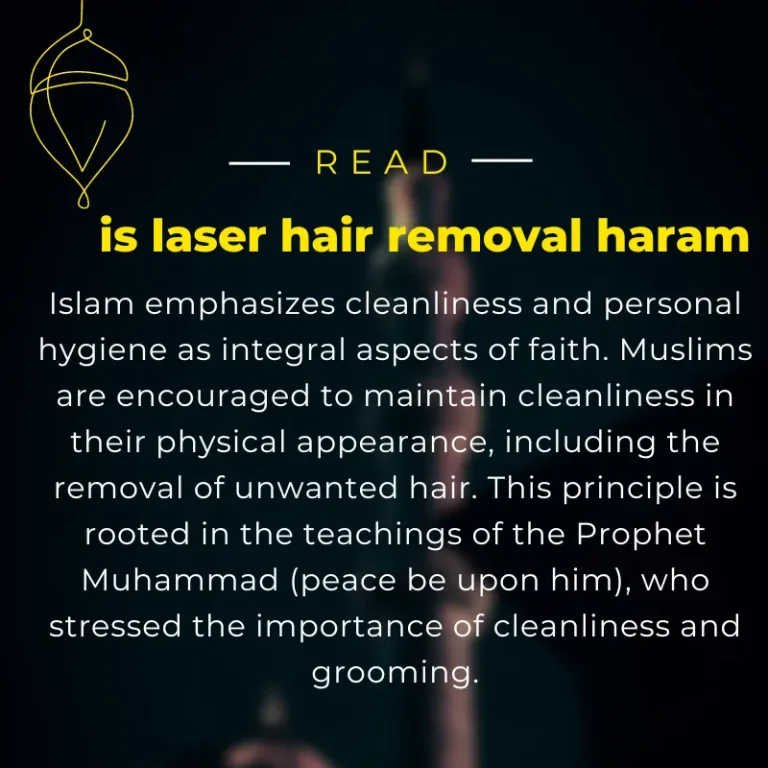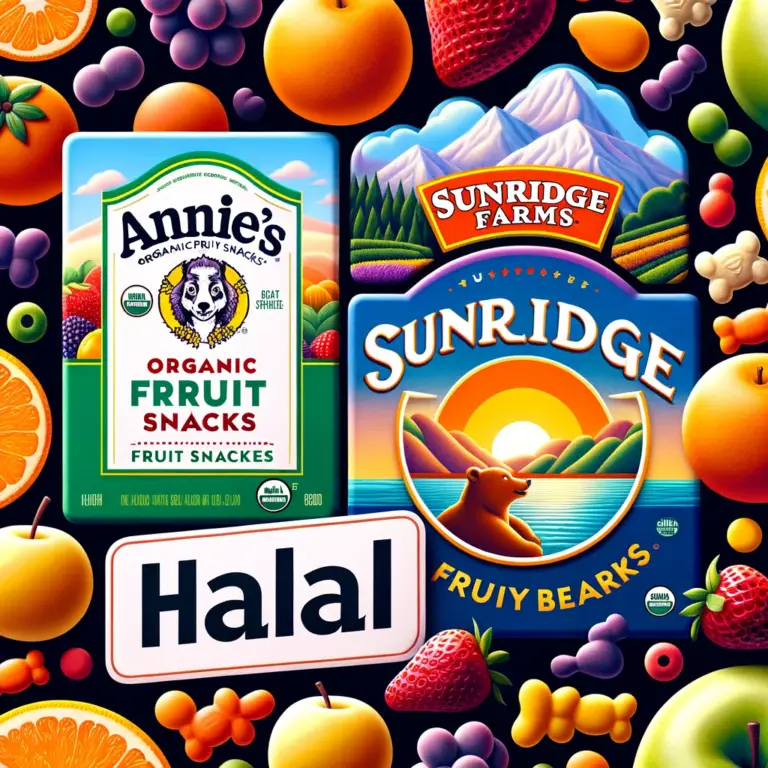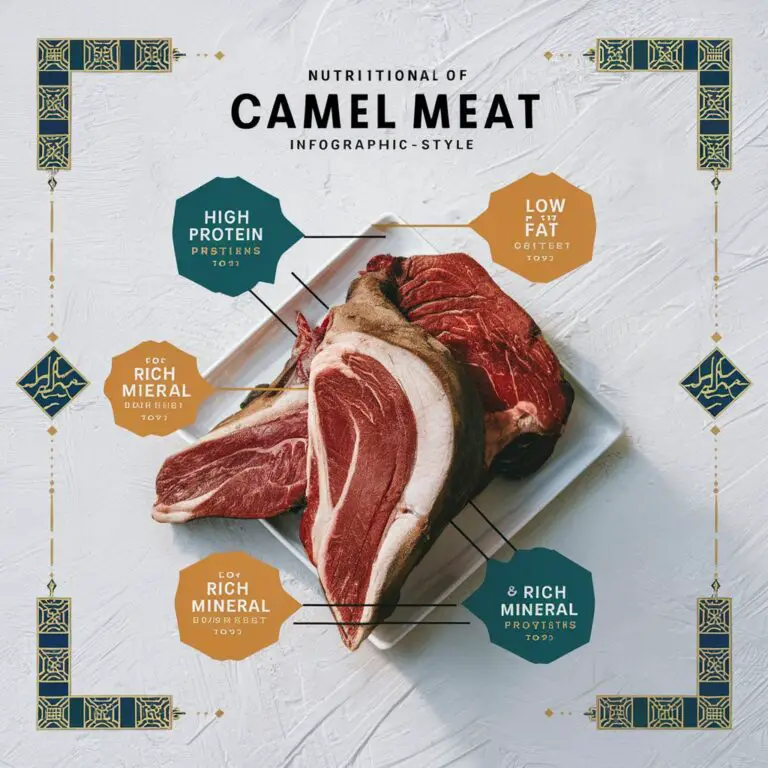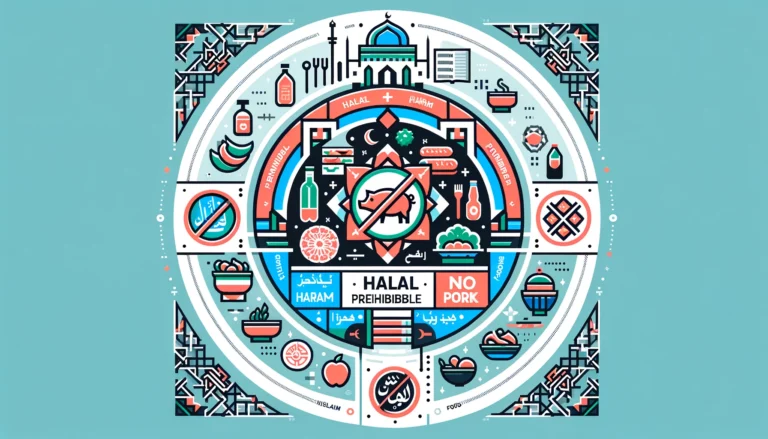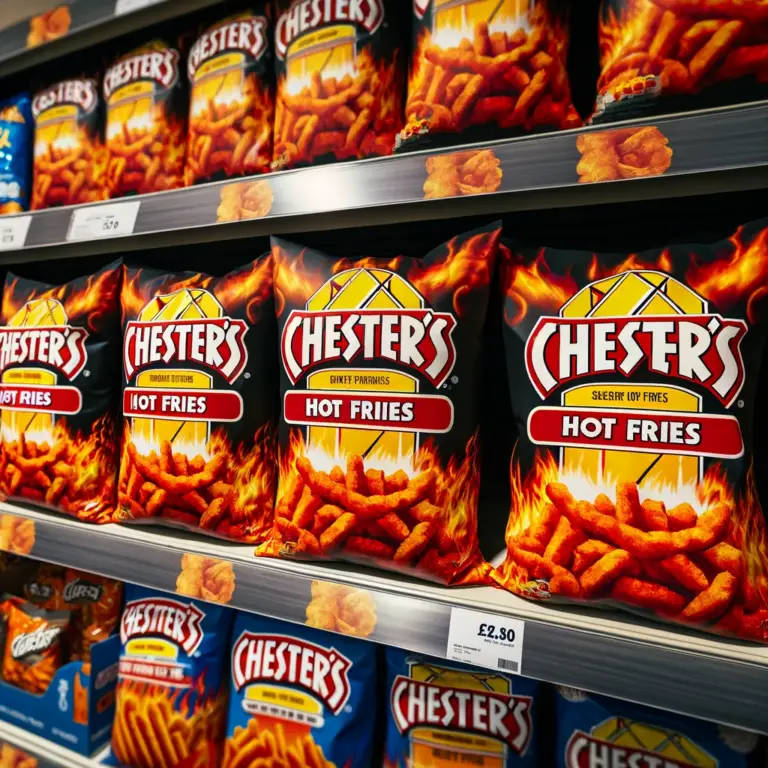Are Lucky Charms Halal?
Lucky Charms is one of the most iconic and popular cereals in the United States. With its signature marshmallow charms and crispy oat pieces, it has delighted children and adults alike for over 50 years. But is this beloved cereal considered halal?
What Does Halal Mean?
The Arabic word “halal” translates to “permissible” in English. When referring to food, halal means that the food has been prepared according to Islamic dietary laws and guidelines. There are strict rules regarding which foods and ingredients are allowed and which are prohibited (haram) for Muslims to consume.
Some key principles of halal food include:
- No pork or pork by-products: Pork and products derived from pigs are strictly forbidden.
- Properly slaughtered meat: Permissible land animals and poultry must be slaughtered according to zabiha, a set of slaughtering techniques ensuring a quick death that drains all blood from the animal.
- No alcohol: Alcoholic drinks and ingredients are prohibited.
- No blood or blood by-products: Blood must be completely drained from meat and poultry. Any food or drink containing blood is also prohibited.
- Quality ingredients: Halal foods must be made with clean, wholesome ingredients. Contaminated, spoiled or impure ingredients are typically not permitted.
Halal Certification
For a food product to be certified as halal, it must meet all of the above criteria. The certification is carried out by recognized halal certification organizations.
These organizations have experts that:
- Review all ingredients and suppliers
- Verify preparation/slaughter methods
- Inspect manufacturing facilities
- Test finished products
Once the rigorous certification process is completed, the food can display a certified halal logo on its packaging. This makes it easy for Muslim consumers to recognize and feel confident they can safely consume those products.
Are Lucky Charms’ Ingredients Halal?
Now let’s analyze the ingredients in Lucky Charms to determine if they comply with Islamic dietary laws:
Marshmallows
The sweet, colorful marshmallow charms are what make Lucky Charms so fun and appealing. But what is actually in them?
According to General Mills, the main ingredients are:
- Sugar
- Corn syrup
- Modified corn starch
- Gelatin
- Natural and artificial flavors
- Colors (yellow 5, yellow 6, red 40, blue 1)
Let’s break this down further:
- Sugar: Refined sugar is considered halal.
- Corn syrup: Derived from corn starch, this sweetener typically meets halal standards.
- Modified corn starch: Another permissible ingredient.
- Gelatin: This ingredient would come from an acceptable source in order to be halal. More details below.
- Natural and artificial flavors: Flavorings also must comply with halal regulations.
- Colors: As long as these approved food dyes are not derived from prohibited ingredients, they are permitted.
The one ingredient that gives pause is gelatin. This common food additive, which gives marshmallows their soft texture, is derived from collagen typically taken from pork skins, pork bones, and dried pig parts.
Obviously, pig-based gelatin would not be halal.
However – gelatin can also be derived from the bones and skins of properly slaughtered halal cattle. If the gelatin used in Lucky Charms comes from cattle, not pigs, it would typically meet halal standards.
General Mills states their gelatin comes from cattle, not pigs. Additionally, Lucky Charms sold in predominantly Muslim regions uses cattle-derived gelatin to ensure it is halal-compliant for those consumers.
Oat Pieces
The toasted oat cereal pieces that make up the other half of Lucky Charms appear to be halal-friendly. According to General Mills, the ingredients are:
- Whole grain oats
- Oat bran
- Sugar
- Salt
None of these contain prohibited ingredients or alcohol. Provided the oat supply chain meets quality and purity benchmarks, the cereal pieces should comply with halal guidelines.
Natural and Artificial Flavors
As listed above, natural and artificial flavorings are included in the marshmallows. Additionally, the oat pieces contain “natural flavor.”
In order to meet halal standards, these flavorings must not contain any alcohol or animal byproducts excluded by Islamic law. All flavoring ingredients and suppliers would require careful review by the certifying body.
Manufacturing Equipment
In addition to the actual food ingredients requiring review, the certification process also includes evaluating manufacturing equipment and facilities.
For example, all surfaces and machines need thorough cleaning to prevent cross-contamination from non-halal foods. Many certification organizations specifically check for lack of pork or pork derivatives contacting the halal food.
So Is Lucky Charms Halal Certified?
After being marketed for over 50 years, Lucky Charms recently obtained official halal certification in select regions, starting in 2021. This includes countries with predominantly Muslim populations, such as:
| Indonesia | Malaysia |
| Pakistan | United Arab Emirates |
| Jordan | Turkey |
For General Mills to receive authorization to use official halal seals on Lucky Charms packaging in those nations, their manufacturing facilities and suppliers were thoroughly vetted.
This included verifying:
✔️ Allowed ingredients
✔️ Proper gelatin sources
✔️ Adherance to halal slaughter methods
✔️ Production equipmentcleaned per Islamic law
✔️ No cross-contamination
So consumers in those regions can enjoy classic Lucky Charms knowing it complies with their religious dietary requirements!
What About the USA Version?
Lucky Charms sold in the United States is currently not certified as halal.
However – as covered above – an in depth analysis of the ingredients shows that it should meet the Islamic guidelines. The exception, of course, is the questionable gelatin source.
Since Lucky Charms contains gelatin, the only way for Muslims living in America to feel fully comfortable that it’s halal would be:
a) Obtain definitive confirmation that the US version only uses cattle-derived gelatin
OR
b) Avoid gelatin-containing cereals and choose a verified halal substitute instead
Halal Status in Other Regions
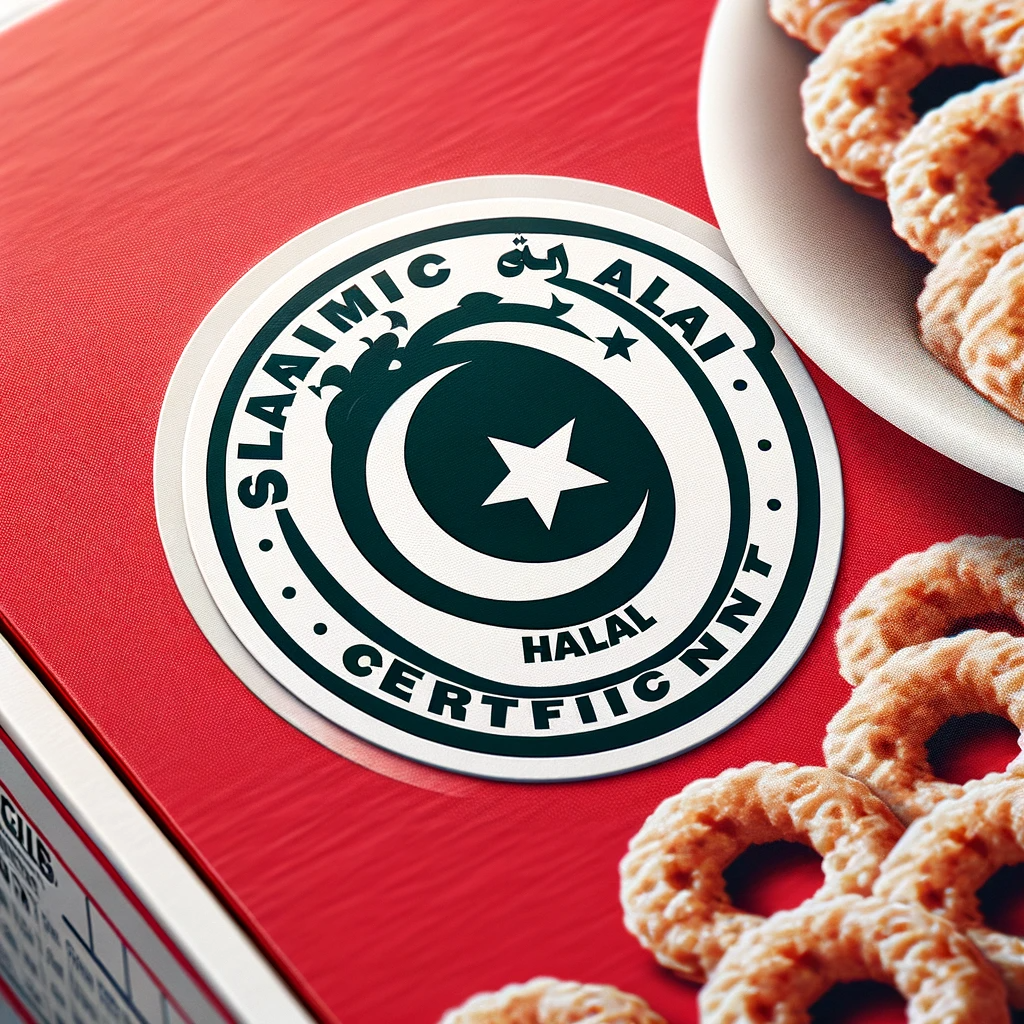
Beyond the countries listed above that carry halal certification, other areas also report that Lucky Charms meets Muslim religious stipulations:
🔹 United Kingdom: The Nestlé brand (under license from General Mills) indicates their version is halal suitable.
🔹 Canada: Lucky Charms was approved for the Canadian halal market back in 2017.
So it appears General Mills has taken steps to ensure key global markets can enjoy this iconic cereal without compromising religious dietary mandates.
For consumers uncertain whether their region’s version is halal, checking with the manufacturer directly is recommended.
Lucky Charms Alternatives
Until all Lucky Charms production earns full halal certification, observant Muslims may want to consider substitutes that are verified as permissible.
Some breakfast cereal alternatives include:
| Cereal Brand | Details |
| Frosted Flakes | – Contains no gelatin – Explicitly labeled halal in Muslim-majority countries |
| Froot Loops | – No animal byproducts – Halal versions available globally |
| Corn Flakes | – Typically vegan – Often certified halal |
| Rice Krispies | – No animal ingredients – Common halal substitute |
These breakfast cereals avoid gelatin and other questionable ingredients, making them more clear-cut halal options. Be sure to check labeling as formulations can vary between regions.
Many traditional Middle Eastern breakfast foods also make perfect halal alternatives to classic American cereals. Some examples include:
- Pita bread with labneh (strained yogurt) and za’atar
- Ful medames (fava bean dip) with pita
- Hummus with cucumber and pita wedges
- Eggs scrambled with tomatoes and za’atar
- Dates and olive oil
The Bottom Line
So back to our original question – is Lucky Charms halal?
In regions where Lucky Charms has explicit halal certification on packaging, observant Muslims can enjoy it with confidence.
For areas without certification – including the USA – the ingredients appear to meet Islamic dietary regulations, with the potential exception of gelatin source.
Muslims uncomfortable with uncertified gelatin can either:
- Seek definitive confirmation it’s cattle-based
- Opt for verified halal-friendly substitutes
So ultimately – enjoy those magical charms at your own discretion!

